Help the environment too by choosing Friend of the Earth sustainable certified products
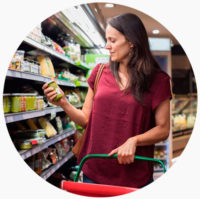
Why is it necessary?
The increase in the world’s population has generated an exponential growth in food demand with significant impacts on the environment. If compared with sustainable agriculture methods, unsustainable agricultural production practices have resulted in very serious damage to the soil in terms of erosion, contamination by dangerous substances, compaction and desertification.
In addition, there has been over-exploitation of water resources; most of the water has become polluted due to the indiscriminate use of dangerous substances, generating eutrophication. Intensive agriculture and breeding have contributed to the loss of agricultural and natural biodiversity, degrading ecosystems and causing the reduction, if not the extinction, of many animal and plant species. Adverse impacts have been recorded also on a climate level due especially to a notable increase in carbon dioxide and methane emissions.
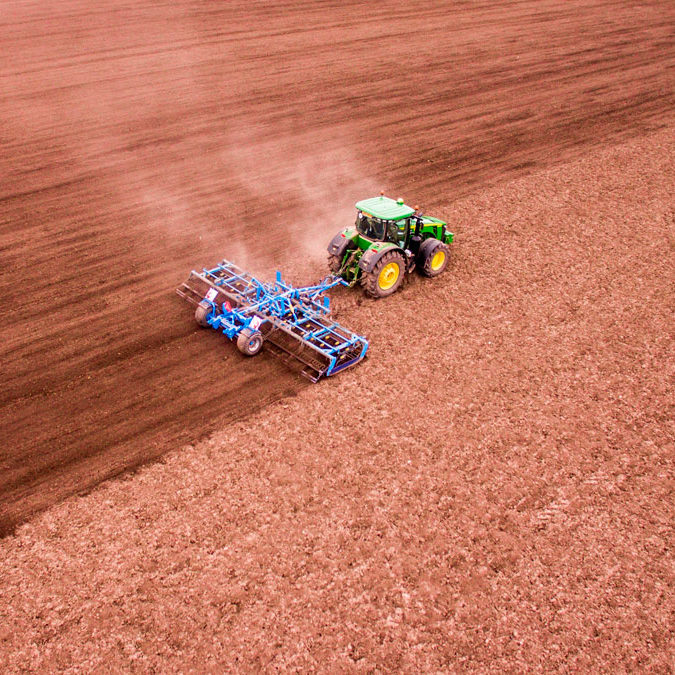

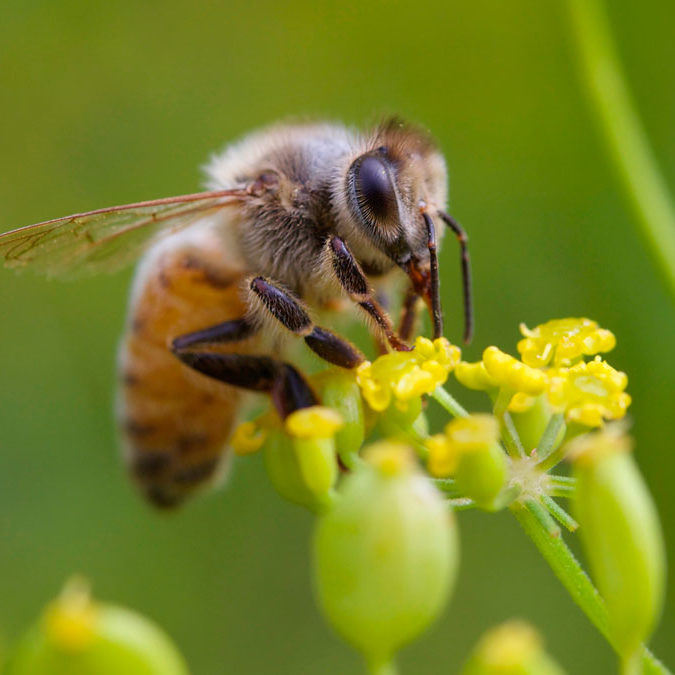
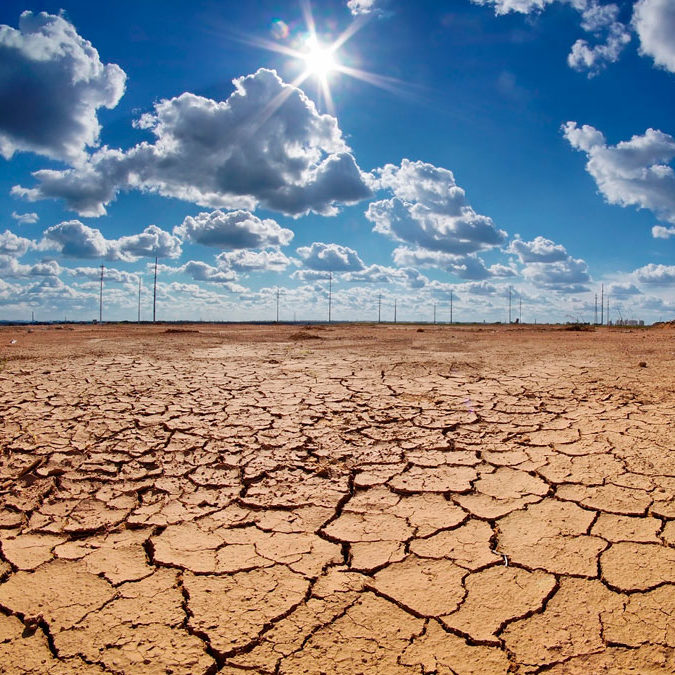
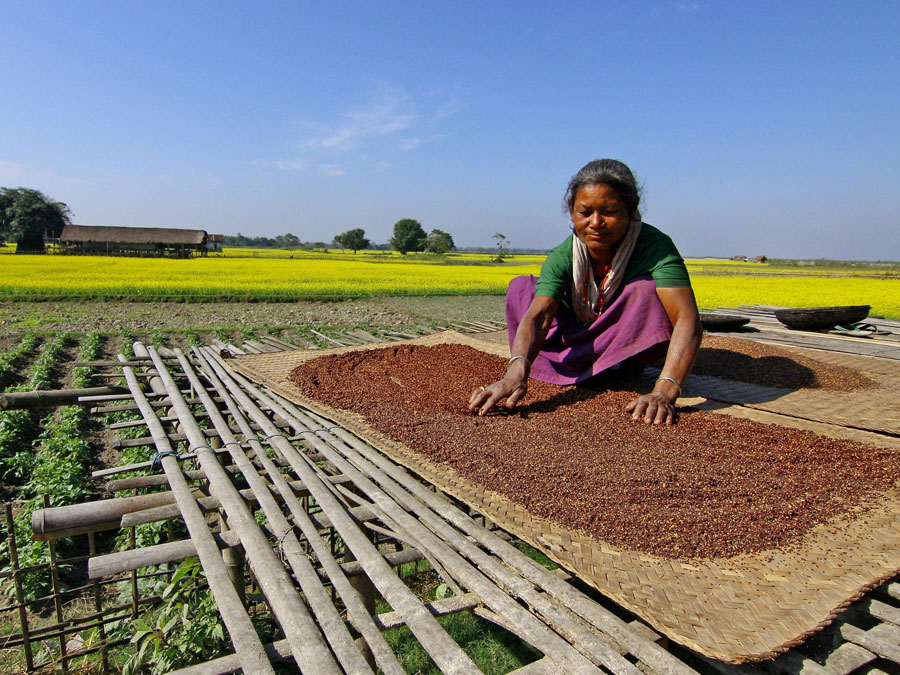
The term “sustainability” is intended as an integrated factor between environmental, social and economic elements.
Sustainable development is “development that meets the needs of the present without compromising the ability of future generations to satisfy their own needs”, moreover “far from being a definitive condition of harmony, it is rather a process of change such that the exploitation of resources, the direction of investments, the orientation of technological development and institutional changes are made consistent with future needs as well as with the current ones” using sustainable agriculture methods (WCDE, 1987). Friend of the Earth focuses on sustainable agriculture methods to promote a model of agricultural production based on the integration of innovation aimed at reducing the environmental impact of crop farming and on the respect of workers employed all along the productive chain. Introduction of the use of energy from renewable sources, integrated control and no tillage are good examples of corrective actions that the certification encourages through its requirements. In other words, Friend of the Earth certified companies care about: soil conservation, safeguarding of agricultural and natural biodiversity, water retention, ecosystem stability, pollination functions and lastly, but no less importantly, the dignity of the workers.
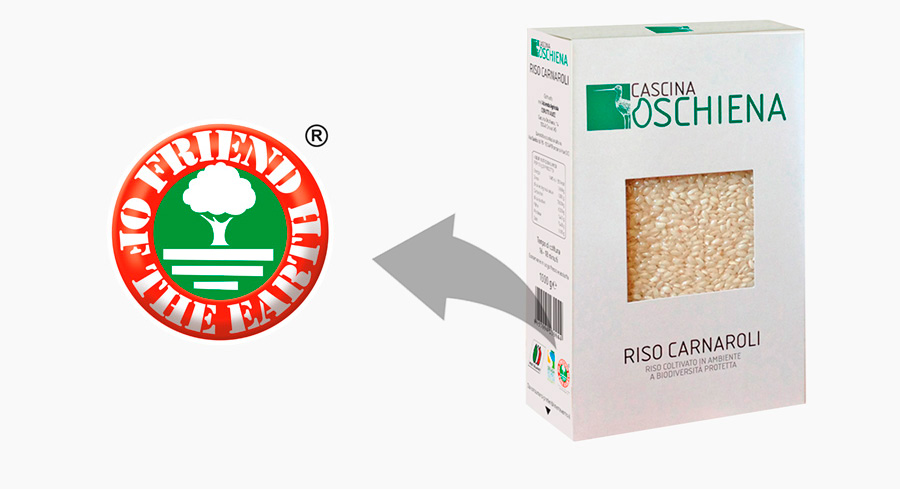
The Friend of the Earth certification scheme for sustainable agriculture was developed according to the SAFA (Sustainability Assessment of Food and Agriculture systems) guidelines set by the FAO (United Nations Food and Agriculture Organization) and is based on 6 basic principles:
1. Protection and conservation of ecosystems. Agricultural activity must not take resources away from the environment but be an integral part of it.
2. Reduction of the use of pesticides and chemical fertilizers to ensure safer products and to promote biological control.
3. Improvement of energy efficiency through the use of renewable energy sources. Cutting down production costs and producing energy through recycling of output or exploiting natural resources is necessary.
4. Correct waste management and reuse of output to encourage the recycling and reinsertion of waste in the production cycle.
5. Minimization of operations on soil (no tillage) and rational use of water to guarantee use and efficiency over the years.
6. Social responsibility to guarantee minimum rights to all operators.
